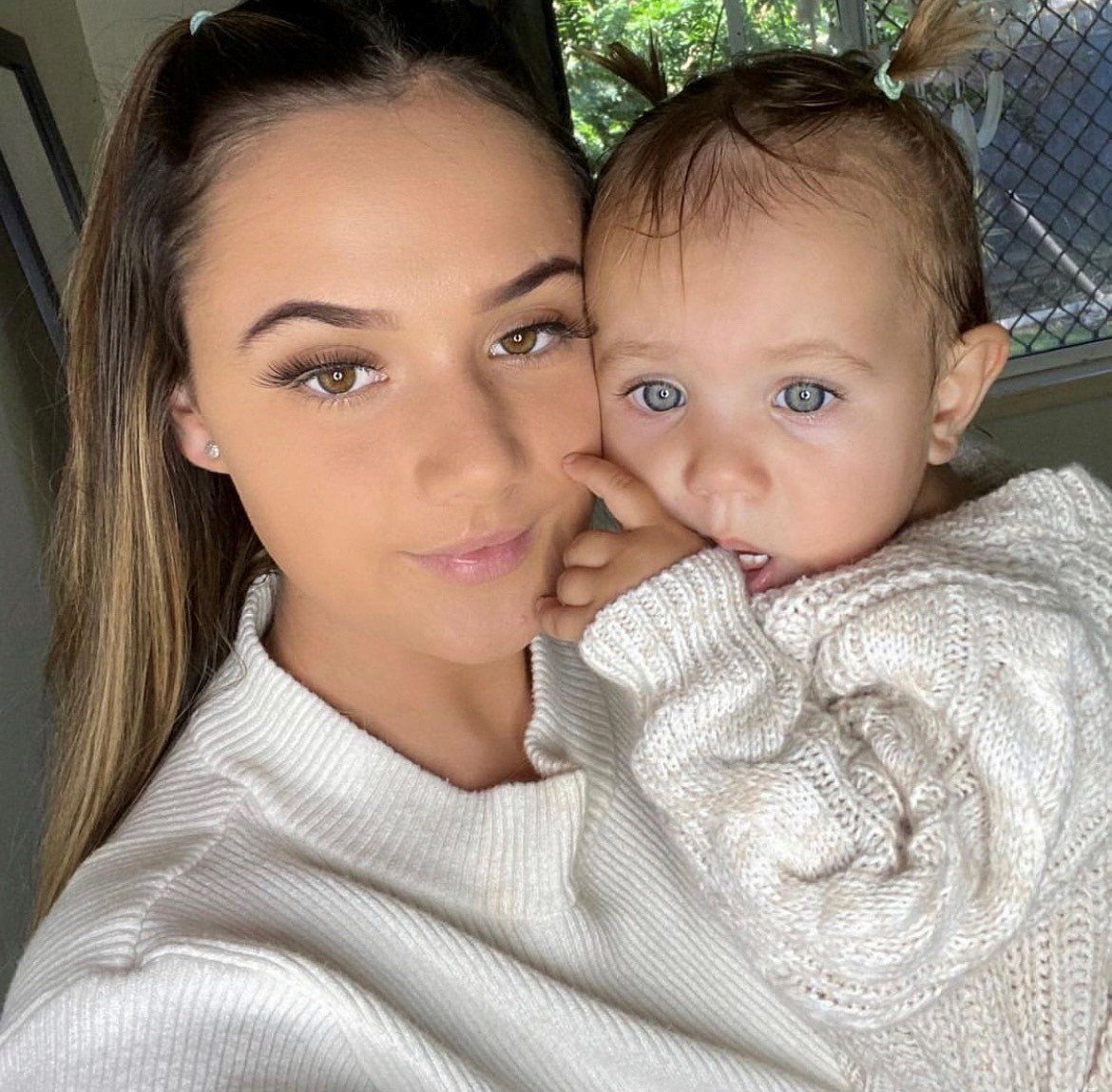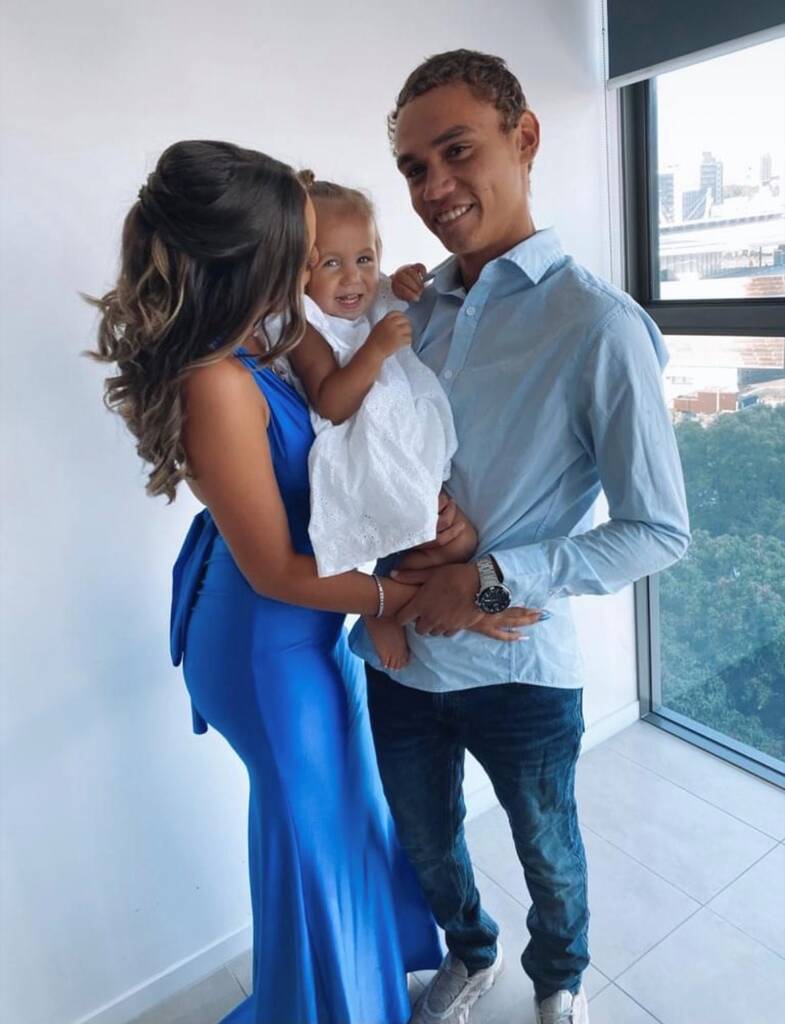Emily
Emily with her daughter, Myora.
You can do it if you put your mind to it
Warning - The following story has references to trauma and the stolen generation, which may be distressing for some readers.
Today, we sit down for a cuppa and a yarn with deadly 17-year-old Emily Dufficy, a young Janjal - Njarabul woman from Queensland who just graduated from the Australian Nurse-Family Partnership Program. She did the program through the Institute of Urban Indigenous Health - South, in Goodna, Queensland.
Emily and her partner Chris are parents to beautiful two-year-old, Myora. They are expecting their second baby soon. Emily tells us her story.
Where is your mob from?
On my Nan’s side they’re from Janjal tribe. I don’t actually know much about it because my Nan’s mum was part of the stolen generation. Which is really sad, because she doesn’t know anything, but I did grow up learning all of the Indigenous dances and culture on Straddy (Stradbroke Island) from the day I was born.
My dad’s side is Njarabul. That’s in New South Wales. I really want to go down there and make that effort to see if I have connection to that country.
What was it like growing up?
I grew up on North Stradbroke Island (Queensland). My childhood was pretty rough. We went in between mum (in Brisbane) and dad a lot. I got pregnant when I was 15, in year ten, with my daughter. The school wouldn’t let me stay after that.
Tell us about how you started the program?
I started at ANFPP when I was only 15 weeks pregnant. She (my nurse) was always supportive, and all the lessons and workshops they do with you. They teach you a lot about social, security, engaging with our child and things like that.
Tell us about how you went back to school?
I went back to school when Myora was six months at Qld Pathways College and they got me into a nursing course as well, so I did my nursing course at the PA (Princess Alexandra Hospital). It was pretty cool to do that with school. It was extra points for me for year 12, a Certificate Two in Health and Support Services, an Assistant in Nursing course.
Emily with her partner, Chris, and their daughter Myora.
Why do you want to do nursing?
I just feel there’s not enough Indigenous nurses and there’s not enough support in hospitals. There’s heaps more support in schools, for Indigenous people.
We have liaison officers in hospitals, but actual Indigenous nurses, like on the wards - you rarely see them. I just felt there’s more needed for that. And I’ve always been interested in the caring side of people. So, I hope to still do that after I have my baby.
I’m looking to do my diploma in it but I was going to go and do university. Now, I’m starting to think if it’s going to suit my lifestyle with two kids. I still want to enjoy holidays with them. I’m starting to think teaching now because that would make more sense.
How did you go with High School?
I graduated in November last year. I got the Outstanding Vocational Student Award and then the Principal’s Award for student success. It made me feel really good about myself because I never really got anything like that from school before.
How did you manage school and a baby?
I had to be really organised. I didn’t even have my license so I had to take her to day-care which was a 15-minute walk and then go to the bus stop and just be really organized. So, have our clothes ready the night before and lucky with her day-care, I didn’t have to pack her lunch or anything (because they provide it).
I had to be really good with time management, knowing when I have assessments so I can work on it before it’s due, so I can give it to them. I used to hand them in before they were due so I got them back, fix them up and hand them in on the due date so I didn’t have to worry about them not being satisfactory. And through Covid as well, so that was pretty hard.
Do you have your driver’s license?
I didn’t have it at the start. I got it in August last year.
What are the next goals you’d like to achieve?
I definitely want to have a career and I want to graduate with some sort of degree at uni. That was one of my main reasons for going to year 12 and finishing it, so I could go do that next step. At the end of school, I wanted to do nursing, then I wanted to do midwifery, then I wanted to open my own youth centre, so the nurses and the youth workers are all in the one place. It will be harder with two kids, but I proved myself when I did year 12. I just knew I could do it and I did finish it. I think I’ve proven that you can do it if you put your mind to it; if you have that right mindset and actually are really passionate about it.
But my number one goal is just to be able to raise Myora. I knew when I fell pregnant with her, I didn’t want to give her the same childhood that I had. I knew I wanted to give her more. I kind of reflected on that and that’s what motivated me to go back to school. I want for her to always feel that she’s got everything she needs and for her to feel she’s always in a safe environment.
I didn’t really get to grow up around my own culture, even though I did grow up with culture on Quandamooka country, it’s not really mine. I could teach Myora those dances, but they’re not in her language. They’re not hers. So it’s a really big thing I want to be able to push for her.
What were the best things about the ANFPP?
Definitely the support; the support that they give you and how ongoing it is. I know when I first did sign up I was like, “Well two years, that’s so long,” but it goes quick.
They just make a connection really quickly. I feel that’s really important for Indigenous people to be able to make that connection.
Without the support that I received from ANFPP, I don’t think I would have been able to achieve what I have. They helped push me, grow my mind set and believe in myself that little bit more.
Having a child shouldn’t hold you back from become successful, but only push you more to achieve it. When you surround yourself with the right people and ask for that help and support, anything can be done.
If anything you have read in this story has caused you distress and you need someone to talk to, please contact one of these helplines:
Lifeline - 13 11 14
Beyond Blue - 1300 23 4636
Kids Helpline - 1800 55 1800
